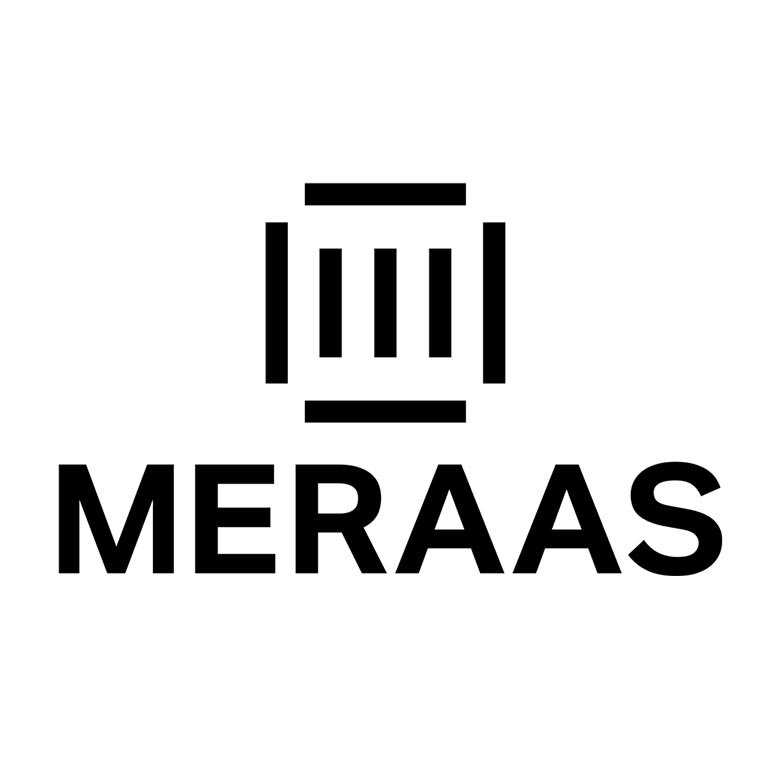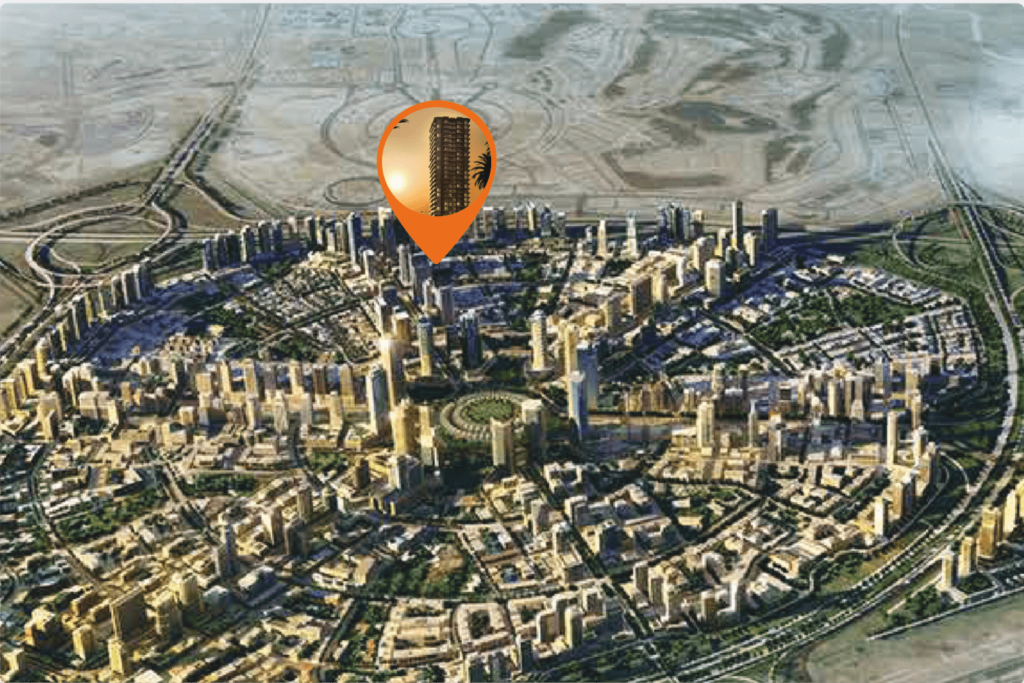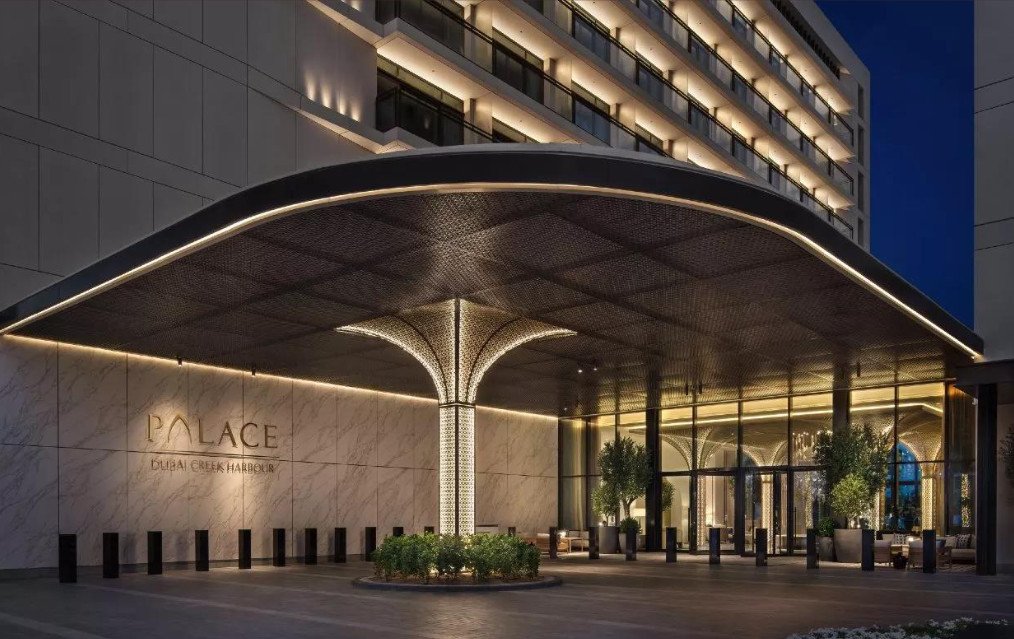Rights of Dubai Landlords
Renting is very popular in Dubai. However, both landlords and tenants have obligations to uphold regarding specific rights and duties, so it’s very important to know the rights of Dubai landlords. To assist you in understanding the fundamentals, we have outlined the rights of landlords in Dubai.
RERA Dubai, which is in charge of overseeing real estate transactions in the Emirate, has established these rights. Let us review these rights and discuss their significance.
LANDLORD’S RIGHTS IN DUBAI
It is important to consider your obligations to the landlord when thinking about renting in Dubai. In order to preserve their rights and avoid any complications, the landlord and the tenant must register the lease with Ejari.
Nevertheless, when residing in a rented property, any tenant in Dubai needs to be aware of their legal rights as an owner. Tenancy laws in Dubai regulate these landlord rights.
RIGHT TO RENTAL INCOME (Rights of Dubai Landlords)

Landlords must receive rent from tenants in line with the terms and conditions outlined in the lease. Utilities such as gas, water, and electricity must also be paid by tenants on time. It is also forbidden for the tenants to make any improvements to the property without the landlord’s permission.
The landlord may raise the rent by 5% in accordance with RERA law if the current rent is 11–20% less than the average rent in the Emirate. The rent increase, however, will be determined by using the RERA Rent Calculator for various properties. When the lease is renewed, the landlord may also raise the rent; however, they must give the tenants written notice 90 days in advance.
RIGHT TO EVICTION (Rights of Dubai Landlords)
The landlord is entitled to evict tenants who violate the terms of their tenancy agreement. In accordance with Articles Nos. 25 and 26, the landlord may issue a tenancy eviction notice to tenants who fail to pay rent after thirty days of notification.
An eviction notice could also be issued for the following reasons:
- Tenant modifications without permission or damage to the rental property
- subleasing real estate without the landlord’s consent
- Misuse of the property
- In the event that the property might collapse
- Should the property be utilized for illicit or immoral purposes,
- When property is utilized for purposes other than those for which it was designed,
In the event that the property is to be renovated or demolished for urban development, the landlord may also serve an eviction notice. Tenants will receive an eviction notice if repairs or maintenance cannot be completed while they are residing there.
In contrast, the landlord is not permitted to serve an eviction notice after the lease expires. This is only permissible if the landlord or their first-degree relatives plan to use, renovate, or demolish the property.
RIGHT TO WITHHOLD SECURITY DEPOSIT

A security deposit is a crucial component of renting real estate in Dubai. In Dubai, landlords have the right to keep this security deposit in the event that a tenant violates the terms of the lease. This covers things like property damage and unpaid rent.
If the tenants’ requests for repairs are not fulfilled on schedule, the landlord may also take money out of the deposit.
As a result, in order for the tenants to get their security deposit back from the landlord, they need to do the following:
- Recognize and follow the terms of the lease.
- Be mindful of the inspection procedures.
- Make the bill payments.
- Pay attention to the little things, like painting the walls or rearranging the furnishings.
AUTHORITY TO INSPECT
One of the most significant legal rights of a landlord in Dubai is the ability to inspect the property. The landlord has to give the tenant written notice 24 hours before they can do an inspection. In Dubai and other cities, property inspections are carried out to make sure that the tenancy agreement is being followed and to monitor the state of the property.
TERMINATION RIGHT OF TENANCY AGREEMENT

Premature termination of the tenancy agreement is another option available to the landlord. But only under specific conditions—like the tenants causing damage to the property—can it be terminated.
In addition, in order to terminate the tenancy early, the landlord must give a written notice period of twelve months.
The following regulations have been established by RERA for terminating a tenancy in Dubai:
The tenant and the landlord must both consent to the contract’s termination.
Should either party pass away, the agreement becomes vested in the other’s heirs. It can only be terminated with the heir’s approval.
The rights of a landlord must be fulfilled for a healthy tenant-landlord relationship. These practices help to resolve the conflict between the two parties.
LANDLORD’S RESPONSIBILITIES IN DUBAI

In addition to the rights stated above, the landlords have obligations of their own. These obligations consist of:
- Upkeep of the property prior to the arrival of tenants.
- ensuring that the property’s wear and tear is maintained while the tenants are residing there.
- the security deposit being returned at the end of the lease, provided that the tenants have left the property in a suitable state.
- reporting to the tenants on check-in and check-out.
- guaranteeing the tenants’ safety by creating a secure environment.
This is all about the rights that landlords have in Dubai and the reasons that tenants must uphold these rights. Therefore, when renting a home or an apartment in Dubai, keep these rights in mind.
For more information on tenancy laws, agreements, and rights, follow OffplanMarket’s real estate blog.






















